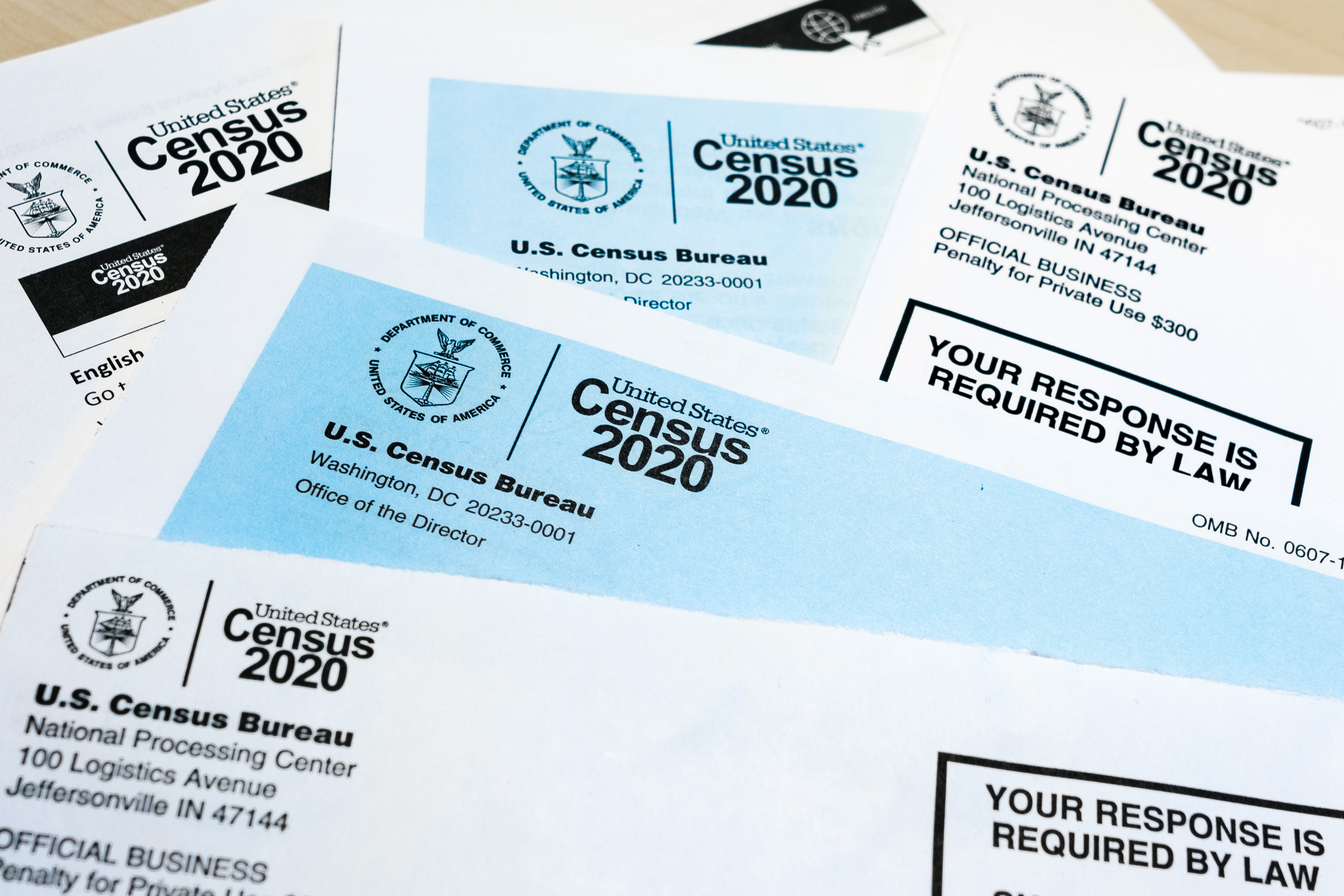It has been months, but the 2020 Census is finally over. Thursday was the last day to get counted in the 2020 Census. After a pathetically poor start, Alabamians finished strong with 99 percent of the state’s residents being counted according to Alabama Gov. Kay Ivey.
On Thursday, the governor made a final appeal to Alabamians to participate on Twitter: “@uscensusbureau workers to our citizens, thank you all for helping Alabama get counted in the #2020Census. TODAY is the final day to participate. If you or someone you know hasn’t completed it, please visit http://my2020census.gov or call 844-330-2020. #ALCounts.”
The Trump Administration had wanted to end the Census on Sept. 30 but a federal judge in California blocked the president’s order and demanded that the Census be extended through at least the end of October.
The administration appealed the order to the Supreme Court, and the nation’s highest court granted the Trump administration’s request to finally end the Census count.
Supreme Court Justice Sonia Sotomayor wrote in her dissent that: “The harms caused by rushing this year’s census count are irreparable,” and that states will “suffer their lasting impact for at least the next 10 years.”
Census data is used to reapportion seats in Congress among the states and allocate roughly $1.5 trillion in federal spending for the next 10 years. Like other states, it is also used to reapportion and redistrict seats in the Alabama House of Representatives and Alabama Senate, and Alabama state school board districts. Much of Alabama has county commission and city council districts that are also reapportioned and redistricted based off of the Census.
The Census Bureau said that 99.9 percent of households have been counted. Critics however have expressed concerns that this year’s count won’t be accurate, especially in communities that are harder to reach due to the COVID-19 pandemic or hurricanes in the Gulf Coast.
The COVID-19 crisis complicated the 2020 Census. Due to fears if the global pandemic, the Census had to pause operations due to the pandemic, losing weeks of time in the field and forcing parts of the original plan to be cut out in order to make deadline. The delays mean Census counters in the field were more likely to rely on information that they obtained from neighbors or other ways of filling in the gaps for the more than 30 percent of households in the country that did not respond themselves.
Multiple groups brought legal cases to try to force the Trump administration to continue Census operations after they originally planned to stop counting on Sept. 30, earlier than originally planned, in part, because Congress did not pass a bill to extend the Dec. 31 deadline.
There are still pending lawsuits aimed at blocking a separate directive from Trump telling the Commerce Department to determine the number of undocumented immigrants in the country and exclude them from decisions about Congressional representation. A federal judge has so far blocked that order but that is likely going to the Supreme Court.
Critics of the administration say the Supreme Court decision allowing the Census count to end this week will result in a rushed count that will likely be inaccurate.
Alabama presently has seven congressional districts. Public officials are fearful that the state could lose one of those districts through post-Census redistricting and reapportionment.



















































